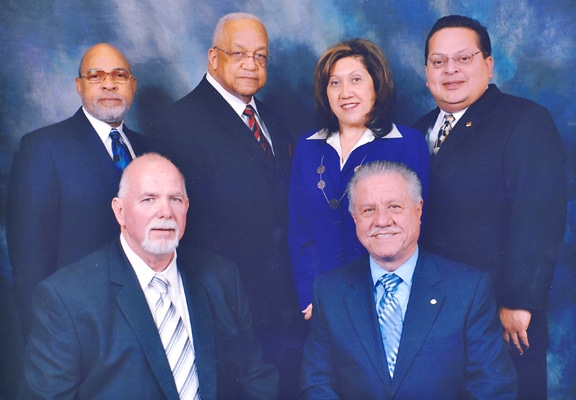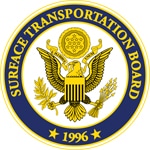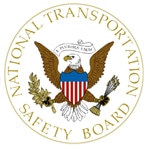SMART Transportation Division members represented by General Committee of Adjustment GO 875 have approved a new agreement with the Los Angeles County Metropolitan Transportation Authority that attains all of the goals sought by the committee’s negotiating team.
The general committee represents bus and light and heavy rail operators throughout the county’s transportation system, as well as schedule makers and schedule checkers for the agency.
“The major issues given to the committee’s negotiators by the membership were discipline policies and work rules, an elimination of a two-tier wage scale and the security of the health and welfare trust. This contract accomplishes all of those goals,” said SMART International Representative Vic Baffoni. “The committee sought to address these issues, first and foremost, and our members approved of their accomplishments.
“Preservation of our work rules was paramount, and we totally renegotiated the discipline policy to provide our members with job security and fair treatment.”
The general committee represents approximately 5,000 LACMTA employees and is the largest bus and transit property represented by SMART.
The negotiation team was led by GO 875 General Chairperson James Williams and general committee members Local 1607 Chairperson Lisa Arredondo, Local 1563 Chairperson Robert Gonzalez, Local 1564 Chairperson Ulysses “Butch” Johnson, Local 1565 Chairperson Eddie Lopez and Local 1608 Chairperson John M. Ellis.
In preparation for the negotiations, Williams held meetings with California Gov. Jerry Brown and Los Angeles City Mayor Eric Garcetti. Preliminary negotiations with the agency commenced in February, following discussions with members at local meetings to pinpoint their objectives for a new contract. Negotiations with LACMTA officials began in earnest in March.
“This General Committee is extremely proud of the work that was put into crafting the new work rules for our members. Other transportation unions have gone on strike to get a fraction of what our committee was able to accomplish. There is not a doubt in my mind that these rules will serve as a model for other bargaining units in the future,” Williams said.
Under the new contract, an unfair and divisive two-tier wage system was eliminated for good and was replaced by a seniority-based rate schedule. Under previous agreements, operators hired after July 1, 1997, were paid significantly less than operators hired on or before that date.
Employees will now see wage increases after five, six, 10, 11 and 17 years of full-time service.
“If you put in the time and do the job, any operator can now reach the top of the pay scale,” Williams said.
During the life of the contract, all operators will see at least one significant pay increase, with the top-rate employees receiving a 4.5 percent pay increase immediately. Trainees, schedule checkers and schedule makers, and some part-time operators, will receive rate increases as well.
GO 875 represents members of Transportation Division Locals 1563, 1564, 1565, 1607, 1608. LACMTA Metro operates 2,228 vehicles over 1,433 square miles. The authority reports its total calendar monthly system-wide boardings for July 2014 at 38,327,115 riders.
Pictured, from left, are Local 1564 Chairperson Ulysses “Butch” Johnson, Local 1608 Chairperson John M. Ellis, General Chairperson James Williams, Local 1607 Chairperson Lisa Arredondo, Local 1563 Chairperson Robert Gonzalez and Local 1565 Chairperson Eddie Lopez, GO 875 members who negotiated the LACMTA contract.

 California’s two major railroad companies have filed suit in federal court challenging a state law requiring railroads to come up with an oil spill prevention and response plan.
California’s two major railroad companies have filed suit in federal court challenging a state law requiring railroads to come up with an oil spill prevention and response plan. FARGO, N.D. – Grain elevator and agriculture groups are cautiously optimistic that a more extensive reporting system for railroads, ordered Oct. 8 by the U.S. Surface Transportation Board, will at least allow agricultural shippers to see whether they’re getting the same kind of service as oil, coal and other industries.
FARGO, N.D. – Grain elevator and agriculture groups are cautiously optimistic that a more extensive reporting system for railroads, ordered Oct. 8 by the U.S. Surface Transportation Board, will at least allow agricultural shippers to see whether they’re getting the same kind of service as oil, coal and other industries.
 SMART Transportation Division members employed by First Student, Inc., in Southeastern Pennsylvania have ratified a new three-year contract, retroactive to June 2014.
SMART Transportation Division members employed by First Student, Inc., in Southeastern Pennsylvania have ratified a new three-year contract, retroactive to June 2014.